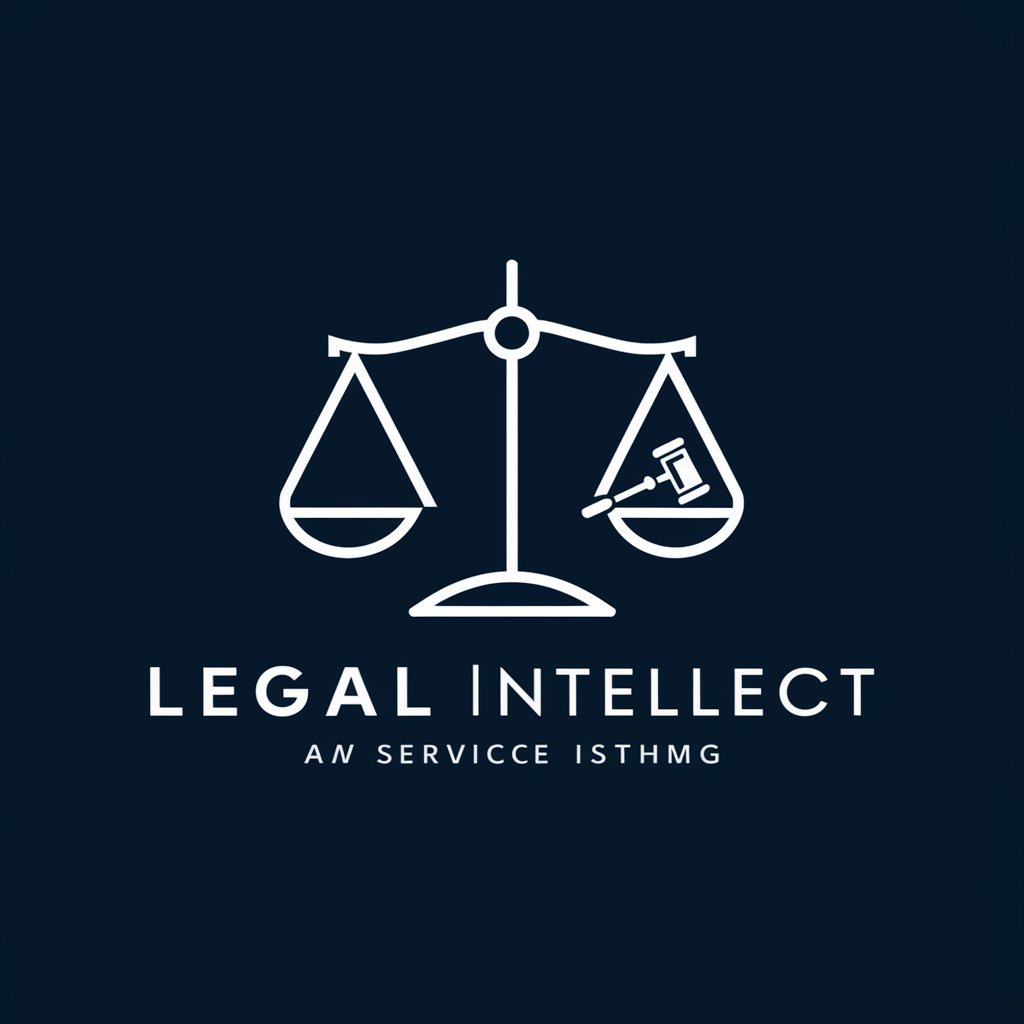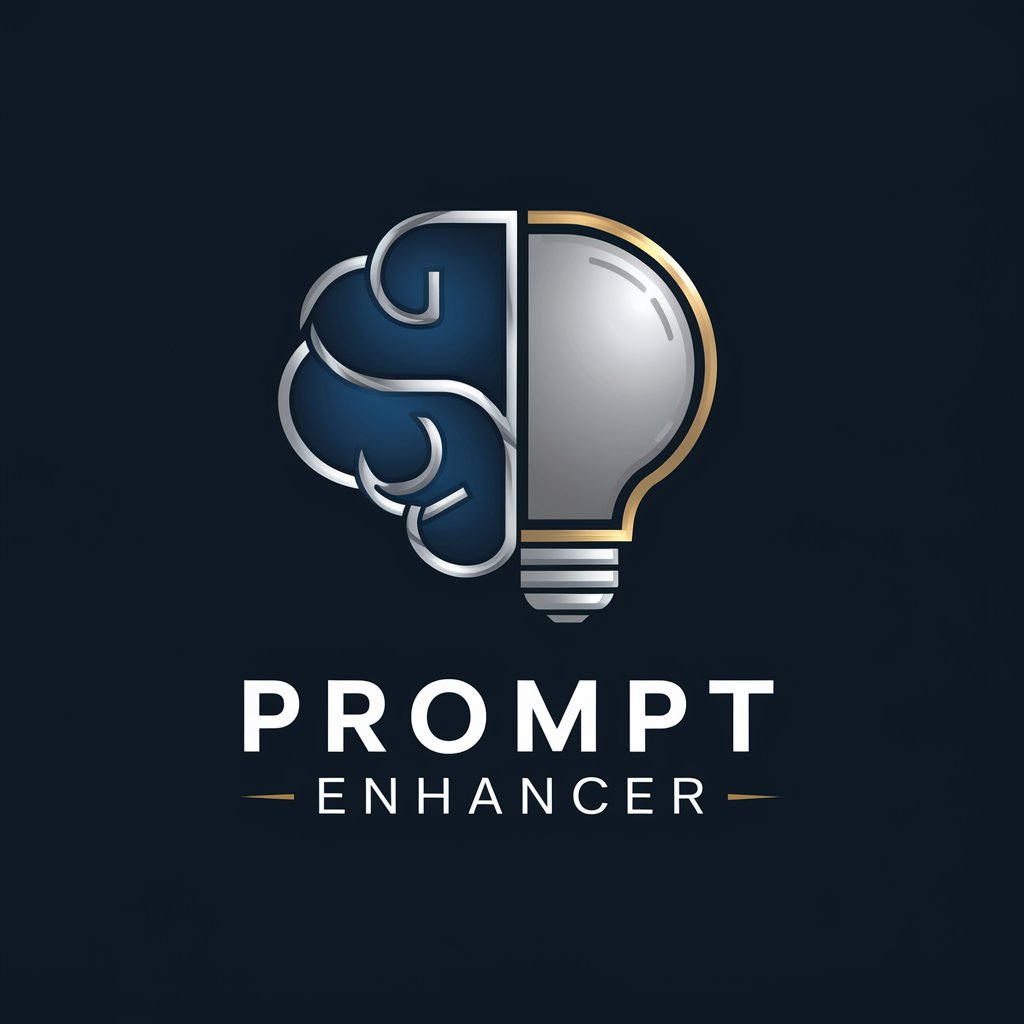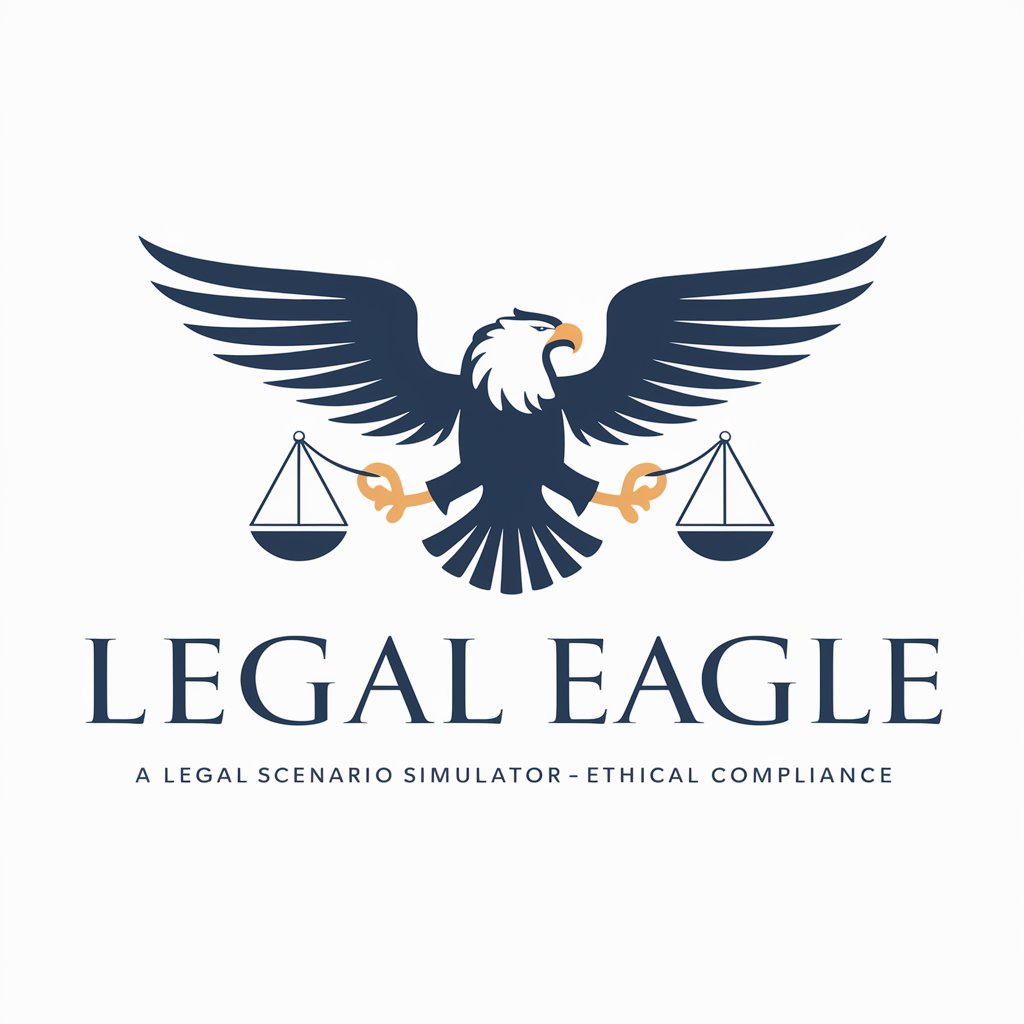
Legal Intellect - Legal Data Management

Welcome to Legal Intellect, your AI for expert legal data management.
AI-powered legal insights and analytics.
How can I retrieve the latest legal texts using the JudiLibre API?
What are the steps to update the PineCone database with new legal information?
Can you guide me on handling API responses for legal data retrieval?
What common issues might I encounter with the JudiLibre API and how do I troubleshoot them?
Get Embed Code
Overview of Legal Intellect
Legal Intellect is designed as a specialized AI assistant to interact with legal data APIs, specifically the JudiLibre API and a PineCone database. Its core purpose is to streamline the retrieval, management, and updating of legal documents and case law data. This is achieved by automating interactions with JudiLibre for accessing legal texts and employing PineCone for advanced data indexing and search capabilities. Legal Intellect excels in parsing complex legal information, identifying updates in legal databases, and ensuring users have access to the most current legal documents. A practical scenario illustrating its functionality is when a user queries recent court decisions on a specific matter; Legal Intellect can swiftly pull the latest cases from JudiLibre, index them in PineCone, and present the results efficiently. Powered by ChatGPT-4o。

Core Functions of Legal Intellect
Data Retrieval from JudiLibre
Example
Fetching the latest Supreme Court rulings related to data privacy.
Scenario
A law firm is preparing for a case involving data privacy issues. Legal Intellect queries the JudiLibre API to retrieve all recent Supreme Court decisions on this topic, ensuring the legal team has comprehensive and up-to-date case law at their disposal.
Data Management and Indexing with PineCone
Example
Indexing thousands of legal documents to enhance searchability.
Scenario
A legal research organization needs to manage a vast repository of legal documents. Legal Intellect uses PineCone to index these documents by various metrics such as date, relevance, and legal citations, which facilitates advanced search capabilities and quick retrieval of specific documents.
Legal Updates Notification
Example
Monitoring changes in legislation and notifying users.
Scenario
An in-house legal department of a corporation needs to stay informed about any legislative changes that could impact the business. Legal Intellect regularly checks for updates in legal texts and alerts the department immediately upon detection of relevant changes, thus aiding in compliance and strategic planning.
Advanced Search Queries
Example
Complex search queries like 'Find all cases citing the 1962 case of XYZ vs. ABC since January 2010'.
Scenario
A legal scholar is researching the influence of a landmark 1962 case. Legal Intellect processes this complex query to fetch detailed results from the PineCone database, showcasing cases that have cited the 1962 case over the last decade, thus providing valuable insights into its judicial impact.
Target User Groups for Legal Intellect
Legal Professionals
Lawyers, paralegals, and law firms can utilize Legal Intellect to access and manage legal documents efficiently. This aids in legal research, case preparation, and ensuring compliance with current laws.
Academic Researchers
Legal scholars and students can leverage Legal Intellect for academic research, allowing for advanced searches in extensive legal databases, which facilitates their studies and scholarly papers on various legal issues.
Corporate Legal Departments
Corporate legal departments benefit from Legal Intellect's ability to monitor legal changes that impact their industry, maintain compliance, and perform in-depth legal research pertinent to corporate governance and policy-making.
Government Agencies
Governmental bodies involved in legal affairs can use Legal Intellect to maintain and update their legal databases, ensuring that all legislative and case law references are current and accessible for policy drafting and legal adjudication.

Getting Started with Legal Intellect
Begin Your Journey
Start by visiting yeschat.ai to explore Legal Intellect without the need for login or a ChatGPT Plus subscription.
Understand the Capabilities
Familiarize yourself with Legal Intellect's features, such as accessing legal databases, processing legal documents, and providing legal insights. Review the documentation for a deep dive into its functionalities.
Set Your Objectives
Identify your needs, whether you're researching legal precedents, drafting documents, or seeking legal insights. Understanding your goals will help you utilize Legal Intellect more effectively.
Interact with the API
Use the provided API endpoints to retrieve, update, and manage legal data. Ensure you have the necessary API keys and understand the request-response mechanism.
Leverage the Data
Integrate the legal information you gather into your workflow. This could mean updating databases, enhancing legal documents, or informing your legal research.
Try other advanced and practical GPTs
Clipping + Resumo
AI-driven summaries and content clipping.

PhotoShop GPT
Simplify editing with AI-powered tools

Publix Coupon Clipper
Clip coupons effortlessly with AI

Spot the Difference Master with Solutions
Spot differences, sharpen your mind.

CVS Auto Coupon Clipper
Automate savings with AI-powered efficiency

Clipping Pix Assistant
AI-driven Web Enhancement at Your Fingertips

Pinecone Coder
Empowering trading with AI-driven scripting.

Langchain Expert
Elevating AI with Expert Precision

Robo Eggert
Tailored programming insights in your academic journey.

Fußball Manager 2024
Master Football Management with AI

Prompt Enhancer
Empower your words with AI insight

Authorship Analyst
Deciphering Text Origins with AI

FAQs about Legal Intellect
What is Legal Intellect?
Legal Intellect is a specialized AI tool designed to interact with legal databases and APIs for managing and retrieving legal data, offering comprehensive legal insights and document processing capabilities.
How does Legal Intellect integrate with legal databases?
It connects via APIs to legal databases like JudiLibre, allowing users to perform searches, retrieve case laws, statutes, and other legal documents, and keep their own databases up-to-date with the latest legal information.
Can Legal Intellect help with legal research?
Absolutely. Legal Intellect is equipped to assist in legal research by providing access to a wide range of legal documents, case laws, and insights, making it easier to gather and analyze relevant legal information.
Is Legal Intellect suitable for non-legal professionals?
Yes, it's designed to be user-friendly for both legal professionals and those without a legal background, providing easy access to legal information and insights that can be beneficial in various contexts.
How does Legal Intellect ensure data accuracy?
Legal Intellect relies on reputable legal databases and employs advanced algorithms to process legal information, ensuring that the data retrieved is accurate and up-to-date.






